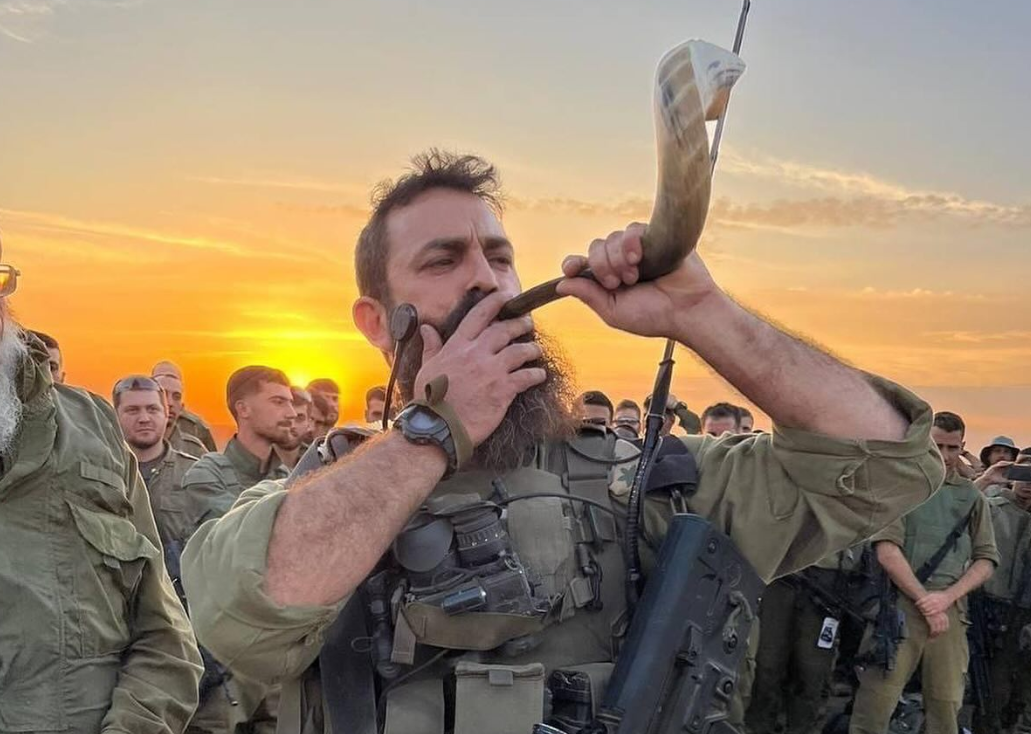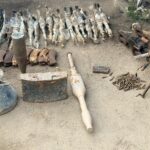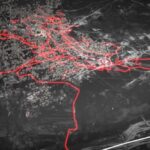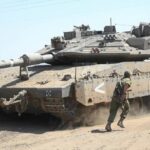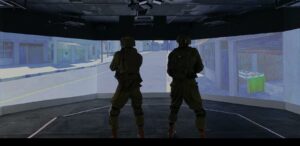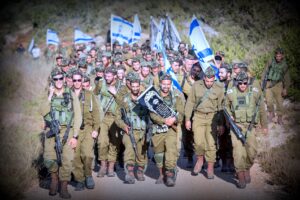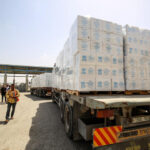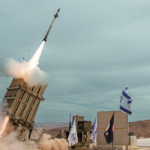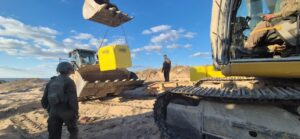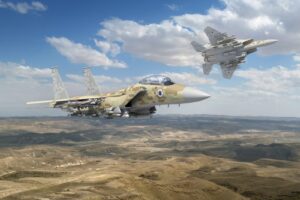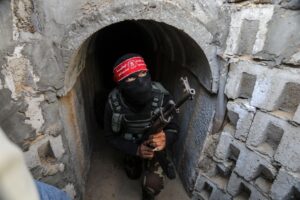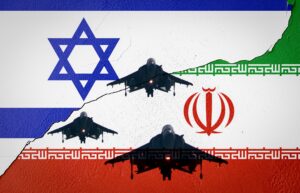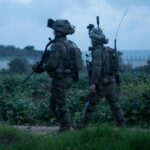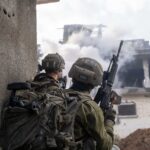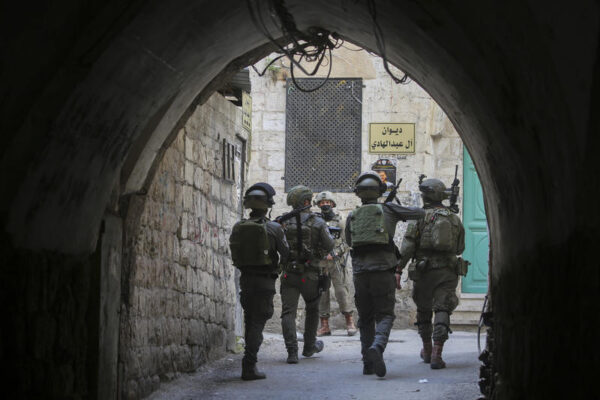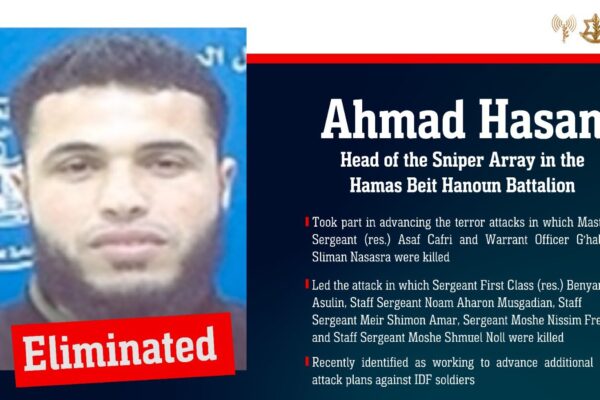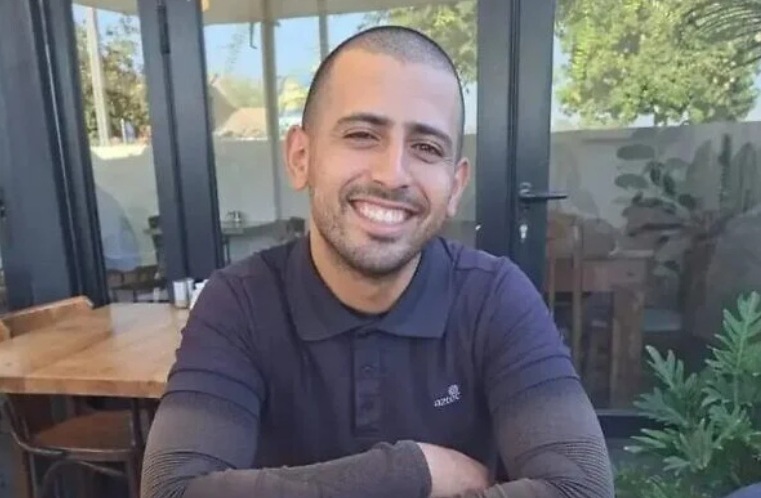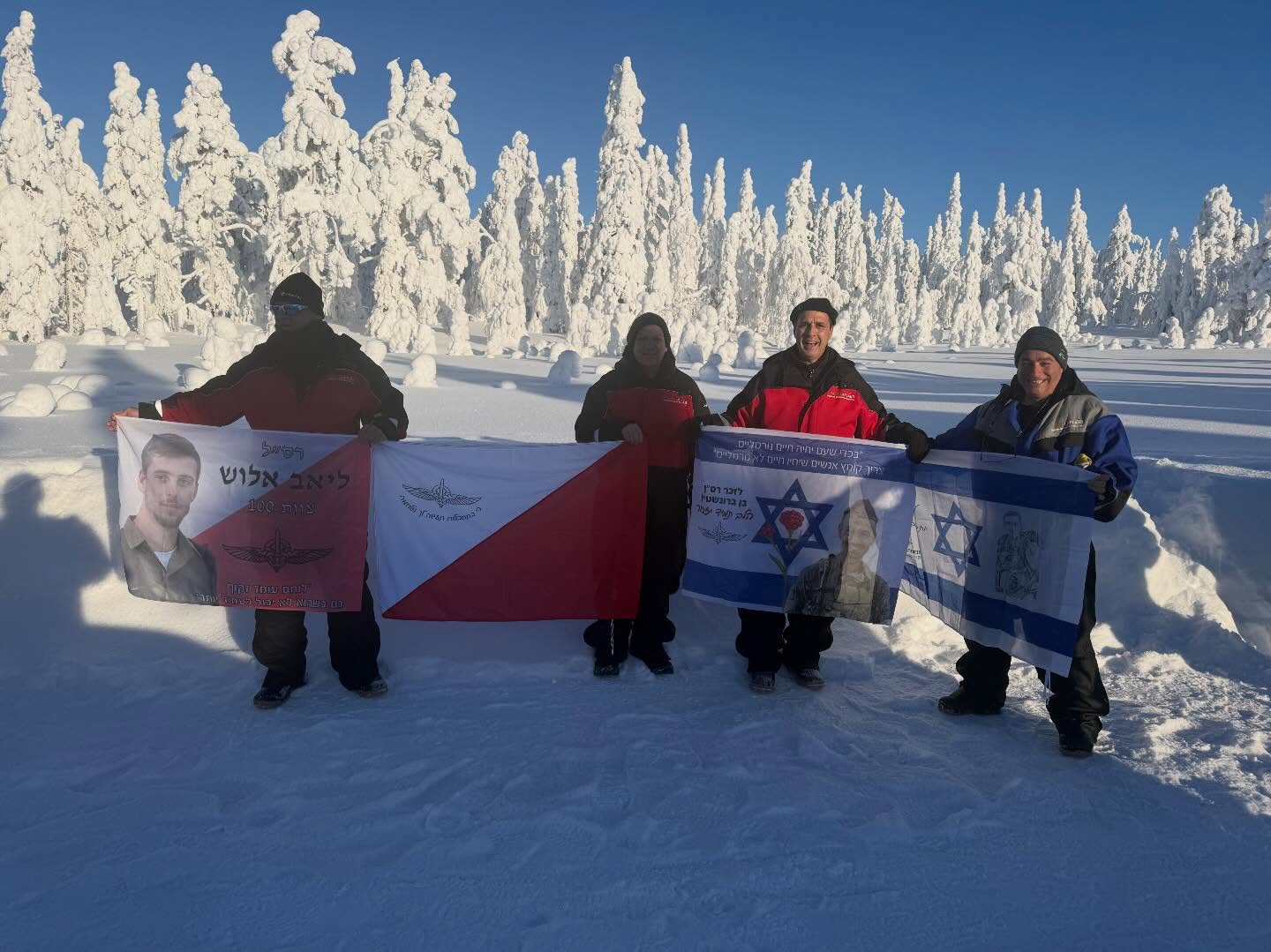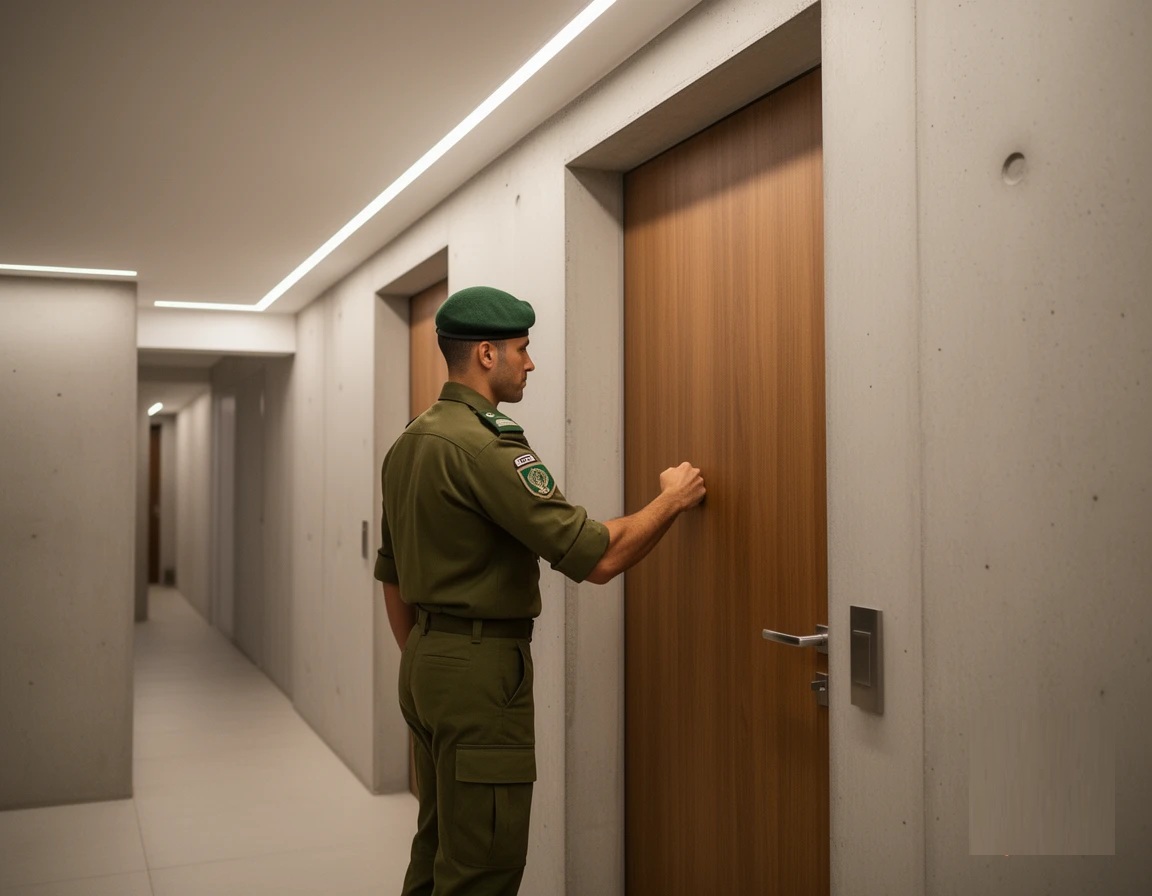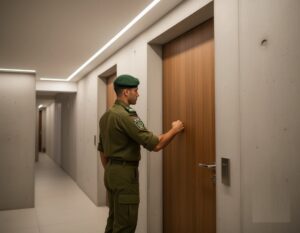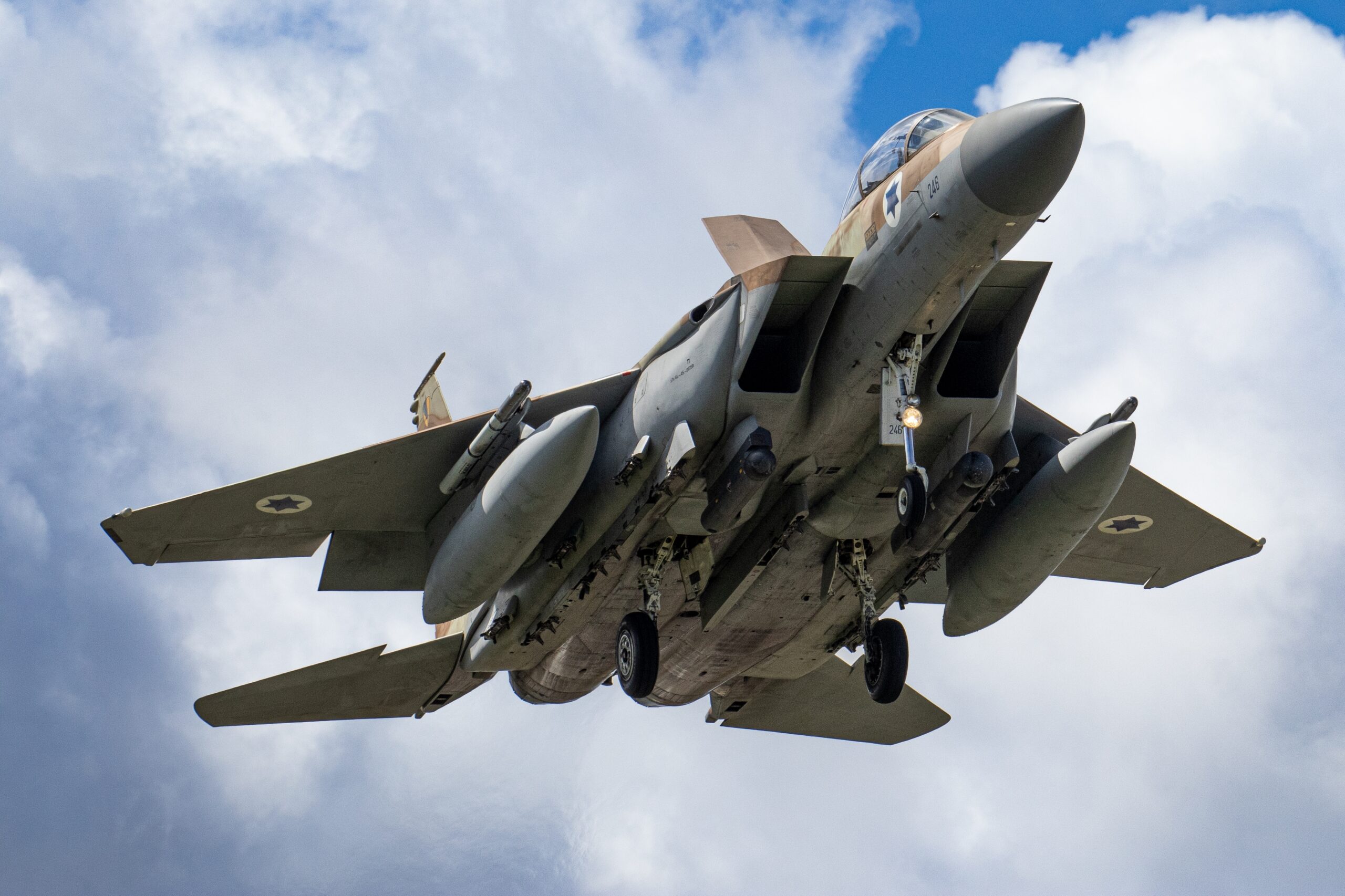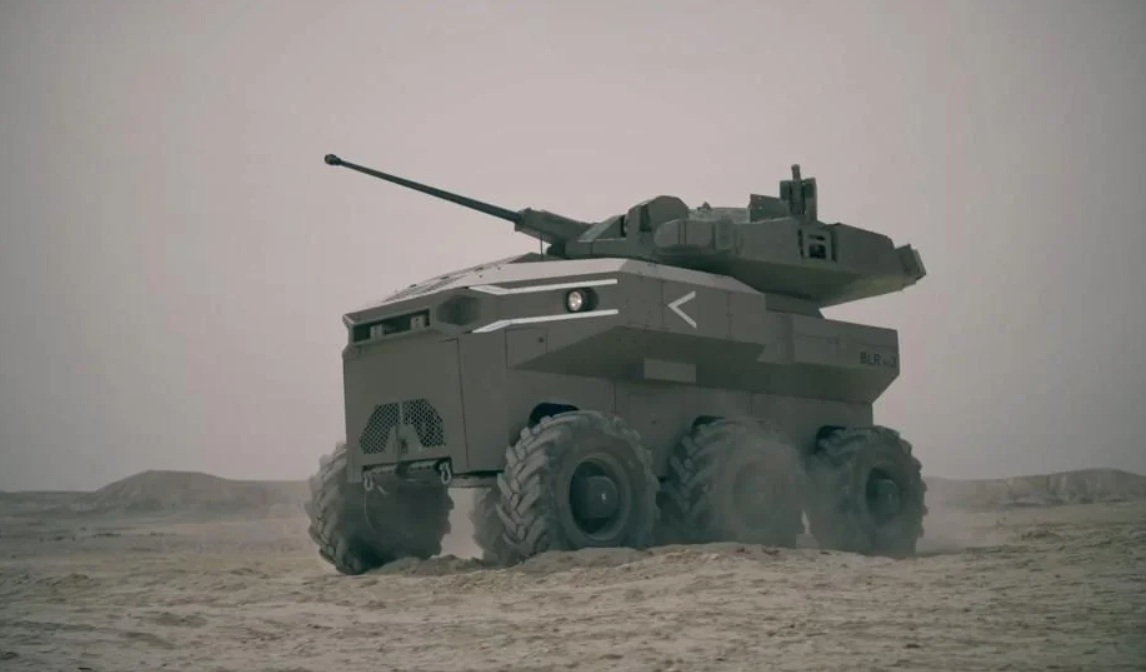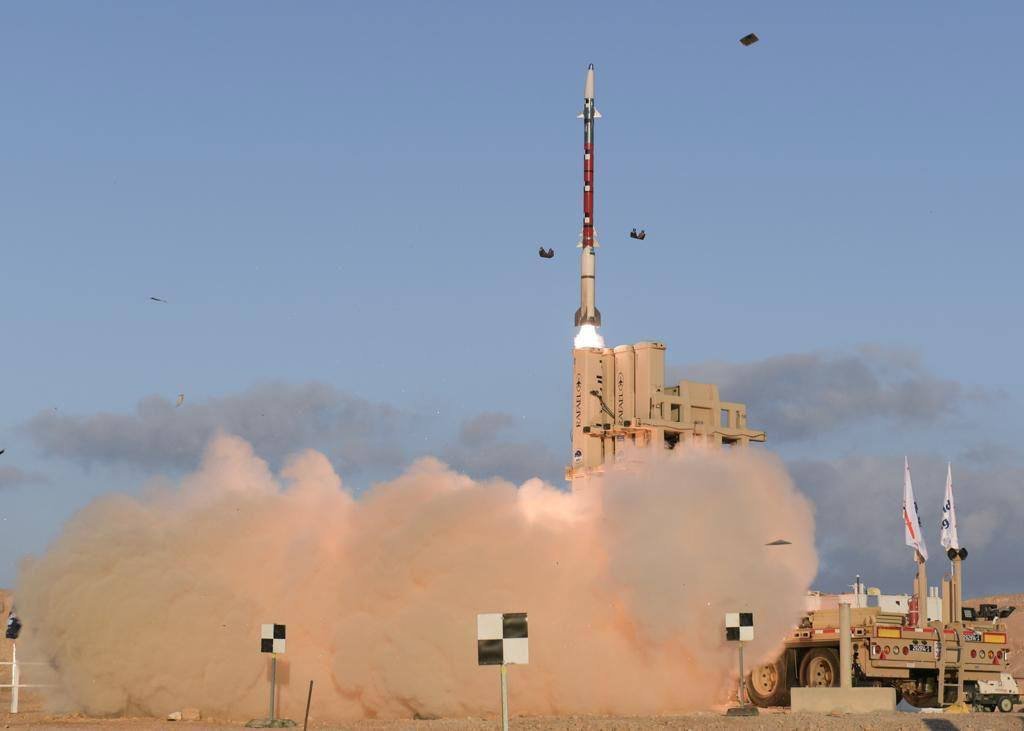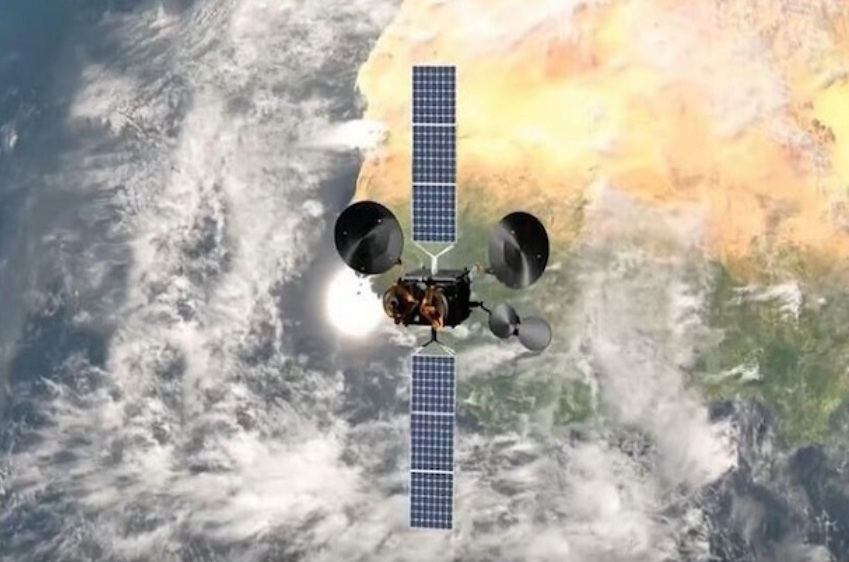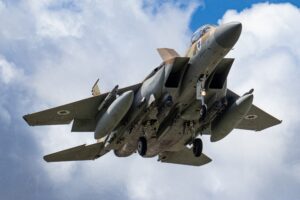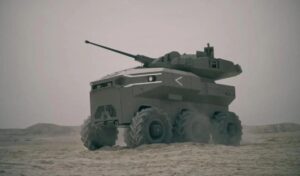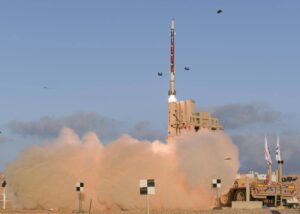‘When you go to war against an enemy that oppresses you, you shall sound the shofar and be remembered before the Lord your God.’
By Hezy Laing
Rosh Hashanah (the Jewish New Year) in the IDF is a powerful blend of tradition, resilience, and national unity.
Unlike the secular New Year, which is a time for partying and celebrating, the Jewish one is a time for soul searching and self-improvement.
Even in times of war or heightened alert, the holiday is marked across bases and frontlines with symbolic gestures—shofar blasts, festive meals, and moments of reflection.
This year many have posted IDF Rosh Hashannah related videos online such as soldiers singing traditional High Holiday prayers while patrolling Gaza in a military jeep and others blowing the shofar on a tank.
Soldiers gather in field tents, mess halls, or even armored vehicles to hear the shofar, recite prayers, and share apples dipped in honey, hoping for a sweet and secure new year.
Military rabbis and chaplains play a central role, traveling between units to lead services and offer spiritual support, often under fire or in remote locations.
During Rosh Hashanah, the IDF distributes approximately 30 tons of apples and 3 tons of honey to soldiers across bases and outposts.
In addition, 4 tons of silan (date honey) are provided for vegan soldiers, ensuring that everyone can participate in the traditional dipping of apples in something sweet to welcome the new year.
This massive logistical effort is part of a broader holiday food operation that includes pomegranates, honey cakes, grape juice, and festive meals—bringing a taste of home to thousands of soldiers on duty.
Care packages from civilians and nonprofits—filled with treats, gift cards, and handwritten blessings—arrive in large numbers, reminding soldiers they are not alone.
For many, especially lone soldiers without family in Israel, these gestures carry deep emotional weight, reinforcing their sense of belonging and purpose.
In 2023, Friends of the IDF (FIDF) and Ha’aguda Lema’an Hachayal distributed gift cards worth 5 million shekels (about $1.3 million) to 10,500 IDF soldiers, including 6,800 lone soldiers—those serving without family support in Israel.
These gift cards, valued at 500 shekels each, are redeemable at over 100 Israeli retail stores for essentials like food, clothing, and shoes.
Commanders often use the holiday to deliver messages of hope, resilience, and gratitude, emphasizing the IDF’s role not just in defense, but in preserving the spirit of the nation.
In recent years, Rosh Hashanah has also become a time for memorial ceremonies, honoring fallen comrades and renewing vows to protect Israel’s future.
Even amid conflict, the IDF finds ways to uphold Jewish tradition, proving that faith and duty can coexist—even in the most challenging circumstances.
In combat zones, mobile synagogues and prayer tents are set up, and in some cases, services are held in armored vehicles or bunkers, with rabbis adapting rituals to the realities of war.
The Rabbinate also prepares for emergency halachic questions, such as how to observe the holiday under fire, how to blow the shofar in protective gear, and how to balance religious obligations with operational demands.
They remind soldiers that their service is not just physical but spiritual—that they are part of a sacred story, defending a people whose roots stretch back to Abraham and whose future depends on their courage, unity, and faith.
The ancient Israelites were commanded to blow the shofar before battle as a sacred and strategic act—both to summon Divine presence and to rally the people with spiritual and psychological force.
In the Torah, the shofar is described as a tool for communication, consecration, and combat readiness. Numbers 10:9 states:
“When you go to war in your land against an enemy who oppresses you, you shall sound an alarm with the trumpets, and you will be remembered before the Lord your God, and you will be saved from your enemies.”
This verse reveals two key purposes:
• To invoke Divine protection
• To signal unity and mobilization
The shofar’s piercing sound was believed to awaken the soul, disrupt enemy morale, and remind the Israelites of their covenant with God. It wasn’t just a military signal—it was a spiritual declaration that the battle was fought not only with swords, but with faith.
In the Book of Joshua, the Israelites famously blew shofars around the walls of Jericho for seven days. On the seventh day, the shofar blasts were followed by a great shout, and the walls collapsed—symbolizing divine intervention through ritual sound.
The shofar also served as a psychological weapon, instilling fear in enemies and courage in the troops. Its raw, primal tone cut through chaos, reminding warriors that they were part of a divine mission.
Later Jewish tradition preserved this symbolism. The shofar is still blown on Rosh Hashanah to awaken spiritual vigilance, echoing its ancient role in preparing hearts for battle—whether physical or moral.
In essence, blowing the shofar before battle was a way to sanctify war, align the people with Divine will, and transform military action into a sacred act of national survival.
The most famous IDF shofar blasts were made by IDF Chief Rabbi Shlomo Goren upon the liberation of the Kotel and Temple Mount in the Six Day War.


